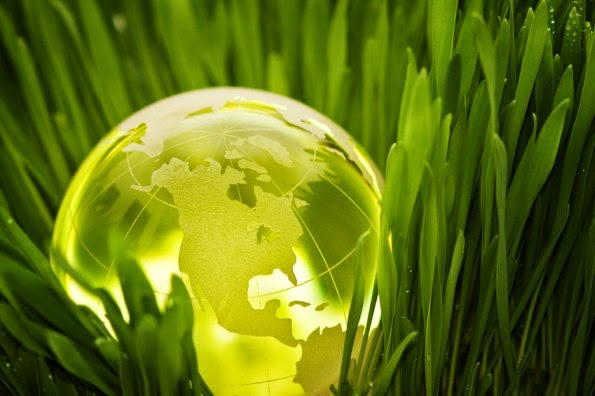
Some diapers can take up to 400 years to decompose. Now researchers in Taiwan have created a user-friendly machine that can turn 220 pounds of dirty diapers into clean, raw materials in a single hour.

Unlike plastics made from petroleum products, the new kind can be converted back to its original small-molecule state, and remade into new plastics over and over.

Scientists believe that the enzyme could be a miraculous solution to the million tons of plastic currently polluting the planet.

Costa Coffee has committed to recycle up to 500 million disposable coffee cups a year by 2020.

The UK Government has put forward plans to introduce a deposit return scheme to dramatically reduce the amount of waste from drinks.

Each year, some 60 000 tonnes of used glass bottles and jars in UK will now be given a second life as energy-saving insulation materials thanks to a high-tech glass recycling facility near the city of Liverpool.

Adidas has been making shoes out of ocean plastic pollution – and according to a recent news report, they sold 1 million pairs last year.

The Dutch province of Friesland repurposed toilet paper in a 1km stretch of bike highway.

Conceptual and material designer Inges Luijs has found an innovative way to turn landfill material into eco-friendly consumer goods using plasma rock.

Taiwan-based architecture studio has come up with an environmentally friendly solution: TRASHPRESSO, a traveling solar-powered recycling plant that turns trash into tiles.

The facilities contain both a recycling center and a shopping mall. The center also includes a café and restaurant with a heavy focus on organic products, as well as a conference and exhibition facility complete with a specialty school for studying recycling.

A new report has been published with the aim of determining who really leads the world when it comes to recycling, with Wales emerging as one of the world's top three recyclers.

Could robotic sorters replace optical sorters as a must-have technology in tomorrow's material recovery facilities?